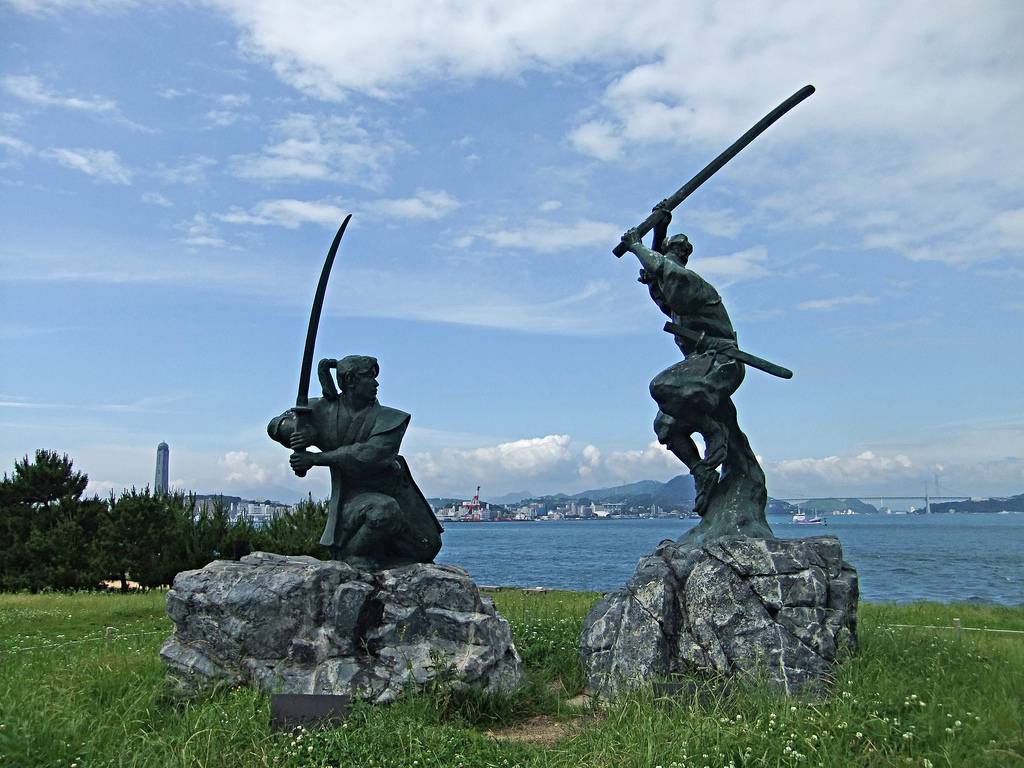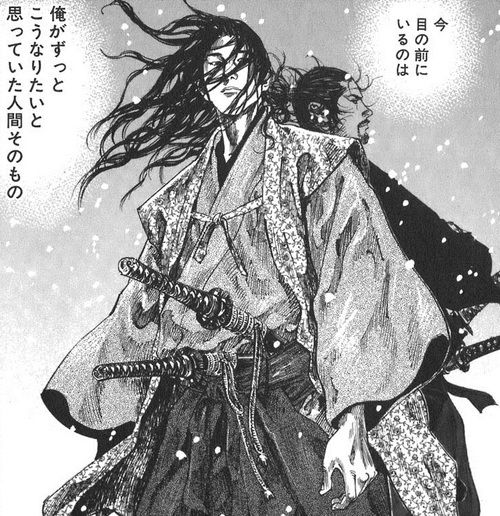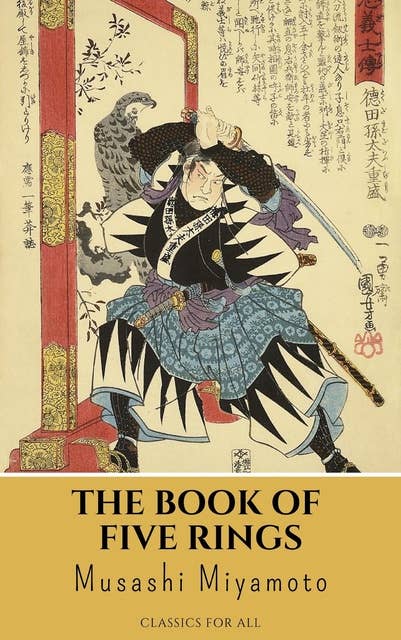On this day, June 13, 1645, the world lost one of its most legendary samurai, Miyamoto Musashi. Renowned for his unmatched prowess in swordsmanship, Musashi’s legacy has transcended centuries, evolving into a mythic figure in martial arts history. His life, shrouded in mystery, is celebrated for its remarkable achievements and enduring influence.
Early Life and Background
Miyamoto Musashi, born Shinmen Musashi no Kami Fujiwara no Genshin, was born towards the end of Japan’s warring States period. He was raised in the village of Miyamoto in Mimasaka, Harima Province. Musashi’s mother passed away shortly after his birth, leaving his father, Shinmen Munisai, an accomplished swordsman, to raise him. Musashi’s early years were spent honing his skills under his father’s guidance, and later, he was at a temple with his uncle, where he learned basic literacy.
First Duel and Early Battles
Musashi’s first recorded duel occurred at the tender age of 13, as detailed in his famous work, “The Book of Five Rings” (Go Rin No Sho). He faced Arima Kihei, a wandering swordsman from the Shinto-Ryu school, and emerged victorious, killing Kihei with a wooden staff. This early victory set the stage for Musashi’s future as a formidable duelist.

The Legendary Yoshioka Clashes
By his early twenties, Musashi had gained significant experience and sought to challenge the prestigious Yoshioka Clan in Kyoto. His first duel against Yoshioka Seijuro ended with Musashi breaking Seijuro’s arm, forcing him into retirement. The subsequent duels with Seijuro’s brother, Denshichiro, and the 12-year-old Matashichiro further cemented Musashi’s reputation. These encounters showcased his tactical brilliance, ultimately leading to the demise of the Yoshioka Clan.
The Iconic Duel with Sasaki Kojiro
One of Musashi’s most celebrated duels occurred on April 13, 1612, against his arch-rival Sasaki Kojiro. The two met on a small island, where Musashi, fashioning a wooden sword from an oar, arrived hours late. The duel ended swiftly with Musashi’s victory, a testament to his strategic mind and unparalleled skill.

Later Years and Legacy
Musashi continued to travel across Japan, teaching his two-sword style, known as Niten Ichi-ryu. He eventually served the Hosokawa clan of Kumamoto Castle as a sword instructor and advisor. In his final years, Musashi retired to a cave near Kumamoto, where he penned his seminal work, “The Book of Five Rings,” outlining his philosophy on strategy and combat.
Miyamoto Musashi passed away on June 13, 1645, at around 60 years old, likely from thoracic cancer. His life and teachings remain a cornerstone of martial arts, inspiring countless generations of practitioners and enthusiasts.
Today, we honor the memory of Miyamoto Musashi, a true martial arts icon whose legacy continues to resonate through the ages.




